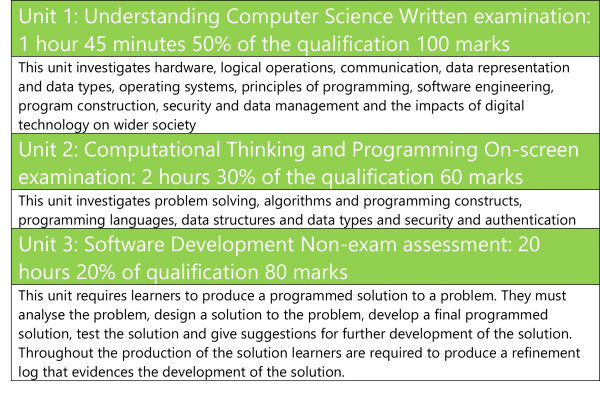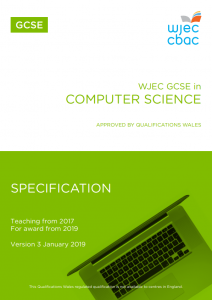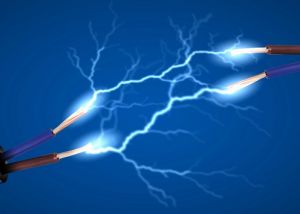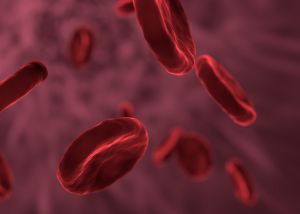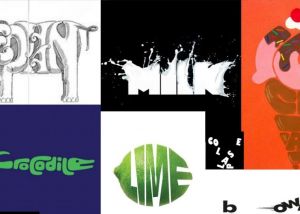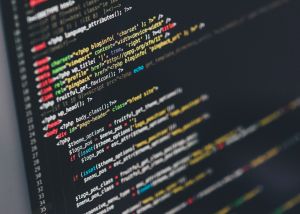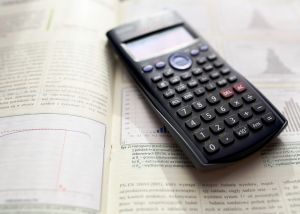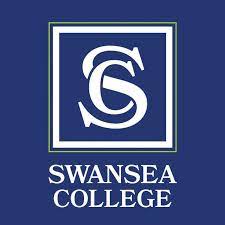Project Description
GCSE Computer Science Course
Exam board: WJEC
Exam code: 3500QS
Computer Science, like mathematics, underpins a huge range of subjects, and has concepts and ways of working that do not change quickly over time, including programming, algorithms and data structures. A key skill that is developed is ‘computational thinking’ and this offers insightful ways to view how information operates in many natural and engineered systems.
Computer Science is computer programming which while seeming esoteric, is the closest that a student can come to thinking about thinking. It develops logic, rigour and problem solving and has led to Computer Science being dubbed ‘the new Latin’.
The subject of Computer Science is highly creative. This may seem self evident in the case of computer games, electronic art and computer generated music, but these examples from the creative industries perhaps conceal the fact that writing any computer program involves creativity in the virtual universe behind the screen. A well written computer program contains an intrinsic beauty and structure not unlike poetry.
This qualification develops student’s ability to apply ‘computational thinking’ and has a specification with a trusted approach and clear assessments accessible to all. It also fosters skills and knowledge for progression to further study.
No previous experience of computer programming is required.
Curriculum
The WJEC GCSE in Computer Science encourages students to:
- understand and apply the fundamental principles and concepts of computer
science, including; abstraction, decomposition, logic, algorithms, and data
representation - analyse problems in computational terms through practical experience of solving such problems, including designing, writing and debugging programs to do so
- think creatively, innovatively, analytically, logically and critically
- understand the components that make up digital systems, and how they
communicate with one another and with other systems - understand the impacts of digital technology to the individual and to wider
society - apply mathematical skills relevant to computer science.
Computers are widely used in all aspects of business, industry, government, education, leisure and the home. In this technological age, a study of computer science, and particularly how computers are used in the solution of a variety of
problems, is essential to learners.
Assessment
The course is a mixture of both theory and practical program development. The theory of Computer Science is examined over two examination papers worth 80% of the overall GCSE. Topics covered include problem solving, data, communication, programming, computers and the Internet and the bigger picture. The remainder of the course consists of developing a computer programs.
This linear qualification will be available in May/June each year.
Summary of Assessments
Exam Access Arrangements
Exam access arrangements allow candidates/learners with special educational needs, disabilities or temporary injuries to access the assessment without changing the demands of the assessment.
For example, readers, scribes and Braille question papers. In this way, Awarding Bodies will comply with the duty of the Equality Act 2010 to make ‘reasonable adjustments’.
We can arrange exam access arrangements and assess you with our special assessor. The deadline for application to the exam board is the February of the year the learner sits exams.
To find out more about exam access arrangements click here
FAQs
SWANSEA COLLEGE GCSE COURSES
Have a question? Ask our virtual assistant on live chat below
or call us on 01792 535000 and speak to our experienced Student Adviser.

